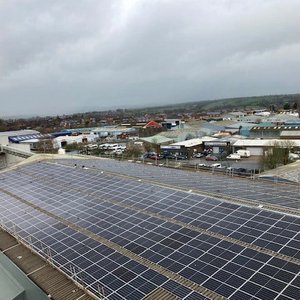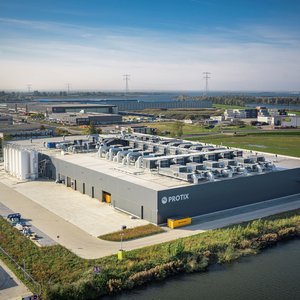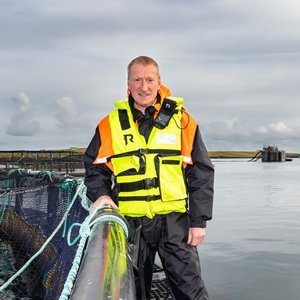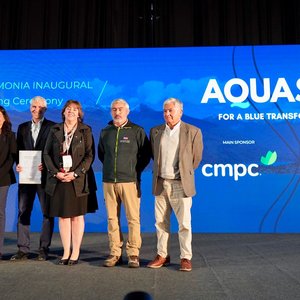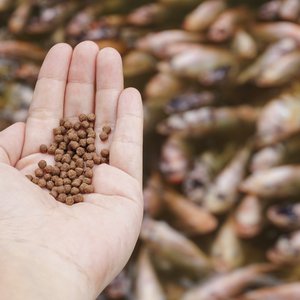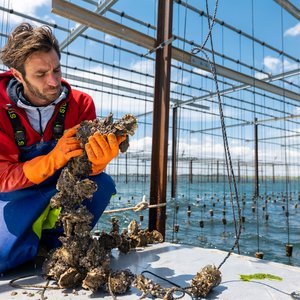Following her lively presentation at the Wilson Center, New Security Beat sat down with Han Han, founder of China Blue, the first Chinese NGO committed to promoting sustainable fishery and aquaculture, to discuss the potential of turning the tide on China’s unsustainable fish supply chains.
In early 2015, China Blue launched China’s first seafood sustainability database, iFISH, that aims to help fish companies identify the environmental, social, and economic impacts of China’s most commonly farmed fish species.
Tell us a bit about the dangers of fishmeal made from wild-caught fish. How can China’s aquaculture stocks be fed sustainably?
HH: First of all, the majority of China’s aquaculture is herbivore. As far as we know, dozens of commonly farmed species do not require high protein feeds.
The use of fishmeal for carnivore species is a smaller proportion of overall consumption. For those using fishmeal, Chinese fishmeal companies as well as nutritionists have invested a lot into looking for alternative sources of protein for wild-caught fishmeal replacements.
For example, using algae or aquaculture byproducts will help reduce the burden of wild fishmeal. These types of technologies have shown us that we are not in bad shape, even though the size of agriculture production is certainly daunting. We see that the recycling of nutrient waste could also improve these systems, and overall we hope to see these new technologies replace outdated systems.
Source: New Security Beat // Original Article



